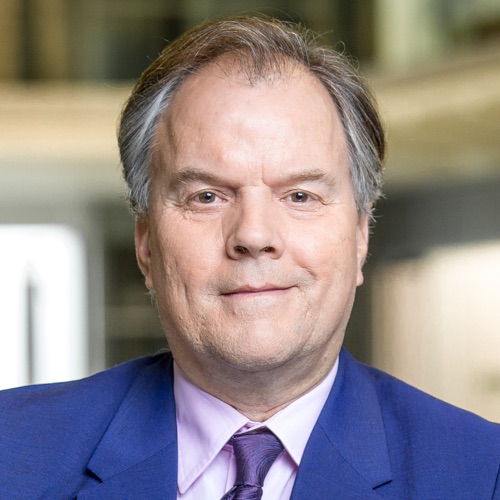Germany’s election enters the ‘hot phase’
In Berlin the leaden skies have given way to a steely blue just in time for the last day of campaigning.
Here they call this the “hot phase” of the campaign, although “heat” is not a word that springs to mind. More the temperature of tepid milk left too long outside the fridge.
Angela Merkel is still well ahead of her rival, the sharp-tongued and sharp-tempered former finance minister – who served in a grand coalition led by her no less.
Peer Steinbrueck made the headlines last week by showing the middle finger in a newspaper interview about political gestures and their symbolism. It was really the only sensible response given the silliness of the interview.
He is clever and cool but he has failed to connect with the electorate. His election posters, which are far less visible than those of the chancellor, declare: Das Wir entscheidet. The WE decides.
Why not just: WE decide or YOU decide.
The message is that the collective is more important than the individual, which is a very worthy modern German concept riffing on a well known line from advertising for a brand of Pils. Das Bier entscheidet. The Beer decides.
Personally I think as an election slogan it seems far too tortured. And yet it is not inconceivable that the man with the middle finger could find himself running Germany. But for that to happen his Social Democrats need to muster a last minute rally at the polls, as they did in 2005.
And he needs to swallow his words and form a coalition with the party of the Left, the more acceptable and reformed remnants of East Germany’s former Communist Party, whose posters reassure voters that they don’t want a revolution.
Grand coalition
A more likely outcome is that the CDU can’t cobble together the coalition that has governed Germany since 2009 and needs to form another grand coalition with the Social Democrats, as it did between 2005 and 2009.
In most European countries this would be inconceivable but the history of extremes has taught Germans to cherish consensus and most would be very comfortable with a grand coalition.
Herr Steinbrueck has already recused himself from serving in such a government and the Social Democrats rightly fear that a pact with the party they profess to disdain will further deplete their support.
The real result of this election depends on how well some of the smaller parties do. They hold the balance of power and they will be interesting to watch. Will the Free Democrats, the traditional king maker of German governments (If Nick Clegg had them in mind at his conference speech, he should be careful what he wishes for) slump below the five percent extinction hurdle below which a party can’t even field MPs?
How well will the Left capitalize on the much under reported under belly of the German economic behemoth where millions of ordinary families are struggling on pathetic wages (Germany has no minimum wage), short term contracts and rising energy and housing costs? How well will the Greens do?
Ukip for eggheads
And perhaps most fascinating….will the brand new anti-Euro Alternative for Germany get MPs into parliament? This party, which was only founded a few years ago in the white heat of the Euro crisis is a sort of Ukip for eggheads.
Its grandees are economists not disgruntled red-faced esquires. It doesn’t use the rhetoric of anti-immigrant populism while tapping into a popular fear, that Germany has spent too much of its hard earned cash to bail out profligate Southern Europeans.
Its bread and butter is the cool headed dismemberment of the Euro as a flawed fiscal project. If they do as well as some of the polling suggests, squeaking in with five percent of the vote, they could truly stir up Germany’s debate about the Euro which has languished behind some sacred Commandments.
Just as it almost de rigeur to be one of fifty shades of Eurosceptic in the UK it is impossible for German politicians not to be pro-Europe because Europe has always been seen here as the harness of a united Germany, designed to reassure both Germans and their neighbors that Deutschland won’t go rogue.
Most Europeans seem more prepared to see Germany step outside the shadow of its own history than Germans themselves. Whether that can change after this election is the really interesting question of the day.
Follow Matt Frei on Twitter
Read more
Why does Angela Merkel’s Germany still dominate Europe?
Why ‘Mutti’ Merkel could become Europe’s saviour
Angela Merkel: the anti-Iron Lady
